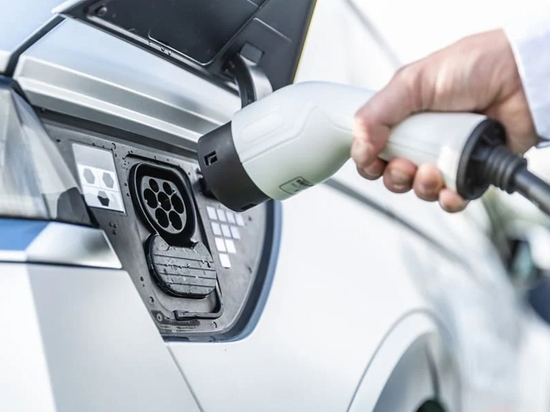
#Industry News
Applications Of Solid State Relays In Battery Management Systems (BMS)
Using Solid State Relays in Battery Management Systems (BMS): Applications and Benefits
With the rapid development of the new energy industry, Battery Management Systems (BMS) play a crucial role in electric vehicles, energy storage systems, industrial equipment, and other fields. In the design and application of BMS, Solid State Relays (SSR) are widely used due to their advantages such as high reliability, low power consumption, and fast response. This article explores the main application scenarios of solid state relays in BMS.
1. Charge And Discharge Control
In battery management systems, precise control of charging and discharging is critical. Traditional mechanical relays are prone to mechanical wear during high-frequency switching, which affects their lifespan. In contrast, solid state relays, which have no mechanical contacts, enable fast and spark-free switching operations, making them ideal for controlling charge and discharge circuits to ensure safe battery operation.
2. Overcurrent And Short-Circuit Protection
During operation, battery packs may experience overcurrent or short-circuit conditions due to abnormal loads or circuit faults. Solid state relays can quickly respond in conjunction with the BMS detection system. Once abnormal current is detected, the circuit can be immediately cut off to prevent damage to the battery pack.
3. Precharge Circuit
In high-voltage battery systems, directly connecting the main circuit may cause a large current surge due to instantaneous capacitor charging, leading to circuit damage. Solid state relays can implement a precharge function, where the battery is slowly charged through a current-limiting resistor before connecting to the main circuit, allowing the voltage to gradually rise and reducing the inrush current.
4. Load Switching And Management
In energy storage systems and electric vehicles, different loads may have varying power requirements. BMS needs to precisely manage the connection and disconnection of loads. Solid state relays can quickly respond to BMS control signals, enabling load switching and improving energy utilization efficiency.
5. Temperature Control Management
The operating temperature of batteries has a direct impact on their performance and lifespan. Solid state relays can be used to control battery heating systems or cooling fans, turning heating or cooling equipment on or off based on BMS temperature monitoring data to ensure the battery operates within an optimal temperature range.
6. Remote Monitoring And Automated Control
With the development of IoT technology, an increasing number of battery management systems support remote monitoring and intelligent control. Solid state relays can be operated remotely via digital signals, working in conjunction with BMS to achieve automated management and enhance the system's intelligence level.
Solid state relays, with their efficiency, safety, and durability, have found widespread application in battery management systems. From charge and discharge control to overcurrent protection, precharge functions, and temperature management, solid state relays play a vital role in multiple key aspects of BMS. TECOO specializes in charging pile PCBA OEM, charging pile module and finished charging pile manufacturing. By deeply integrating solid-state relay technology into product design, TECOO ensures the stability of charging pile modules, improves the safety and efficiency of charging and discharging, and contributes to a more efficient and safer future for the charging pile industry.







